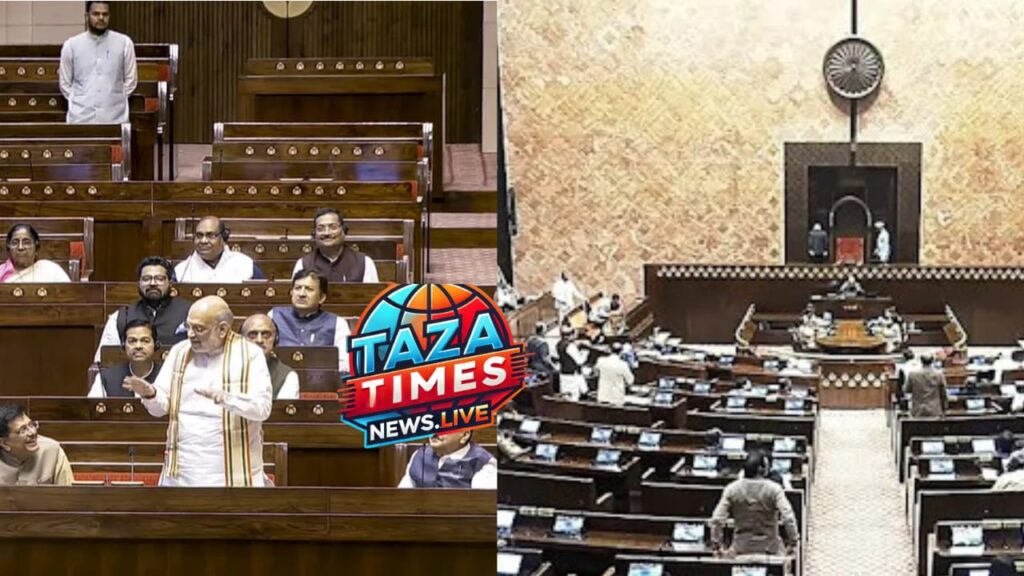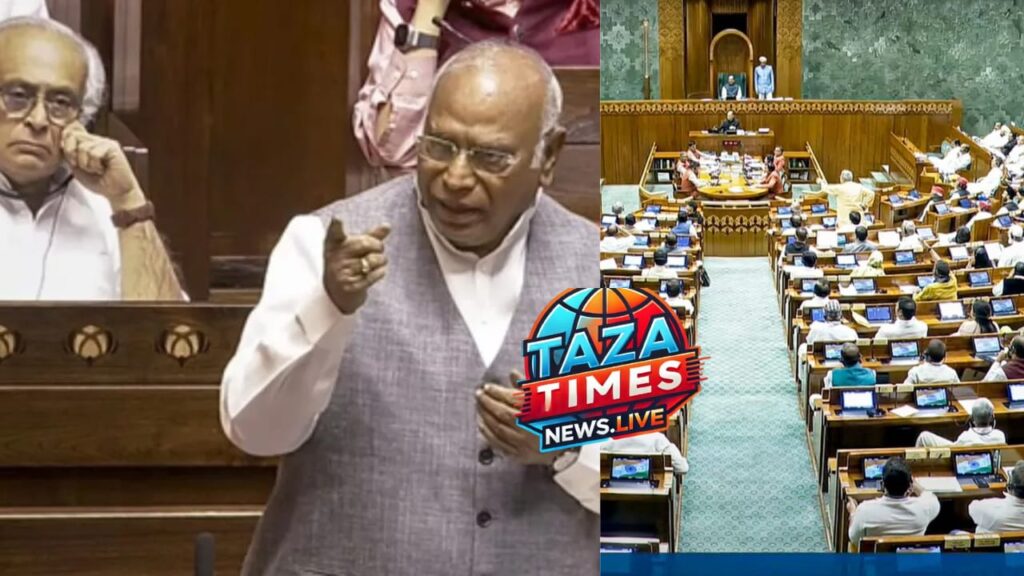Waqf Amendment Bill : The disputed Waqf (Amendment) Bill, 2025, was passed by the Rajya Sabha on the intervening night of April 3-4, following a heated debate. The Bill, which proposes changes to Waqf property administration, passed with 128 “yes” votes and 95 “no” votes. The government also recommended changing the name to the Unified Waqf Management Empowerment, Efficiency, and Development (UMEED) Bill.
Kiren Rijiju introduced the Waqf Amendment Bill, 2025, in the Rajya Sabha
Union Minority Affairs Minister Kiren Rijiju introduced the Waqf (Amendment) Bill, 2025, in the Rajya Sabha on Thursday, claiming that the proposed legislation is not anti-Muslim or intended to hurt their religious feelings, but rather seeks to improve the operation of Waqf properties, address complexities, ensure transparency, and implement technology-driven management.
After nearly a 12-hour heated debate, the Lok Sabha passed the Bill by a majority of 288-232 in the early hours of Thursday. Rijiju, who presented the Bill to the Upper House after it was scrutinized and redrafted by a Joint Parliamentary Committee (JPC), stated that the proposed legislation has nothing to do with religion and only concerns property. According to Rijiju, the bill aspires to include all Muslim sects on the Waqf board.

Table of Contents
The minister reminded the House that there were 4.9 lakh Waqf properties in 2004, which had now climbed to 8.72 lakh. Rijiju, seeking the opposition’s cooperation to pass the Bill, stated that it strives to complete the unfinished business of previous governments. He also stated that Waqf owns the majority of the country’s holdings, with the exception of those owned by the defence and railways.
Rijiju dismissed the opposition’s claims
Rijiju dismissed the opposition’s claims, stating, “The Bill is not anti-Muslim. We do not want to offend anyone’s religious beliefs. The Waqf board is only responsible for overseeing Waqf properties, not managing them. “The government introduced the Bill with good intentions and renamed it ‘UMEED’.” Nobody should have a problem with the name,” he said.
The Controversial Provisions of Waqf Amendment Bill
The new bill’s problematic parts include the mandated appointment of two non-Muslim members to the Central Waqf Council and Waqf Boards.
There is also a requirement that only people who have practiced Islam for at least five years donate property to Waqf. The opposition has questioned the government’s approach to determining who is a practicing Muslim. They have also argued that prohibiting converts from making donations violates their fundamental religious rights and the law of equality.

The proposed law states that government property classified as Waqf will no longer belong to it, and the local Collector will determine ownership. The bill also recommends that an officer above the rank of collector investigate government properties claimed as Waqf. In the event of a dispute, the senior government official will make the final decision on whether a property belongs to the Waqf or the government. This changes the current system, in which such decisions are determined by Waqf tribunals.
The Opposition and a segment of the Muslim community perceive it as a government attempt to acquire control of Waqf properties.
you join our tazatimesnews Telegram Channel
you join our whatsapp channel



